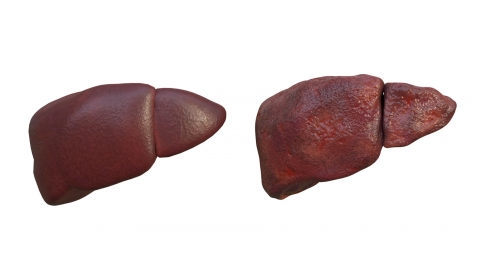What does "liver function impairment" mean?
Generally speaking, liver function impairment refers to liver damage. Liver damage means that the normal functions of the liver are compromised due to various factors. A detailed explanation is as follows:

Liver function impairment usually indicates a change in liver function, causing the liver to not perform its normal functions properly. This change can be caused by multiple factors, such as infections with hepatitis B virus, hepatitis C virus, and hepatitis A virus. These viruses can damage liver cells, leading to abnormal liver function. Additionally, excessive alcohol consumption, long-term or intermittent heavy drinking, can burden the liver and cause liver cell damage. Lack of rest and frequently staying up late can also affect the liver's normal function. Moreover, taking certain medications that are harmful to the liver, such as antifungal and anti-tuberculosis drugs, may also lead to impaired liver function.
When liver damage is mild, there may be no obvious symptoms. As the degree of damage worsens, symptoms such as fatigue, decreased appetite, nausea, vomiting, and jaundice may appear. It is important to seek timely medical attention and follow the guidance of a physician to use medications such as diammonium glycyrrhizinate enteric-coated capsules, silybin capsules, and reduced glutathione tablets for treatment.
In daily life, it is important to maintain a healthy lifestyle, such as drinking alcohol in moderation or abstaining from alcohol, avoiding the abuse of medications, especially those that may harm the liver. Additionally, maintaining a positive mindset and engaging in appropriate physical exercise can also help maintain liver health.






